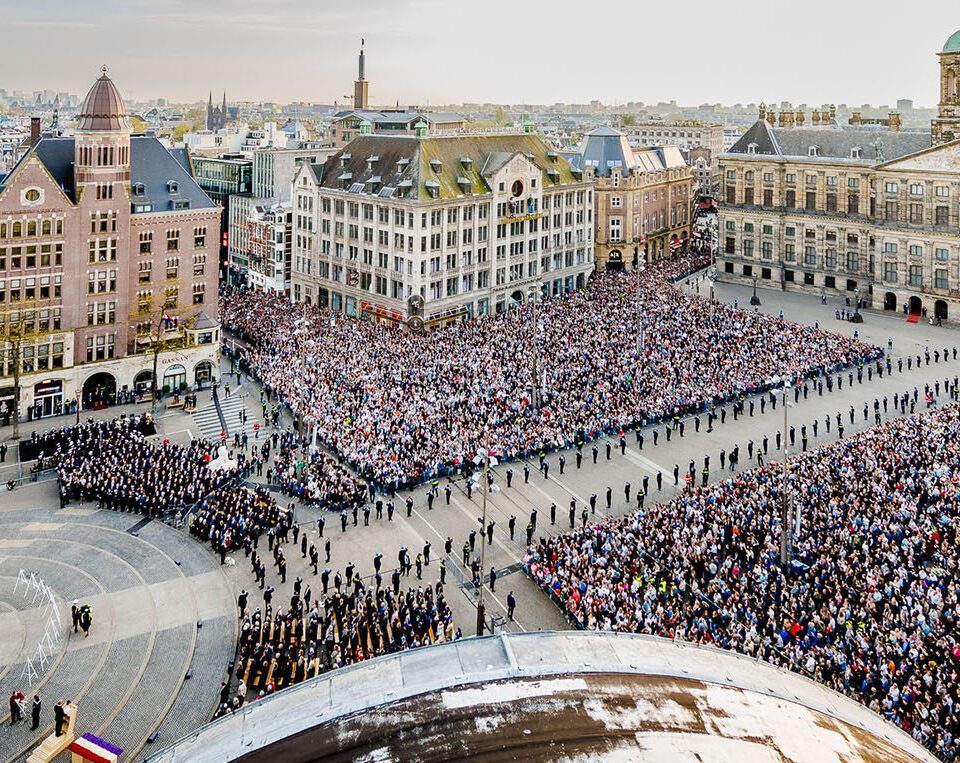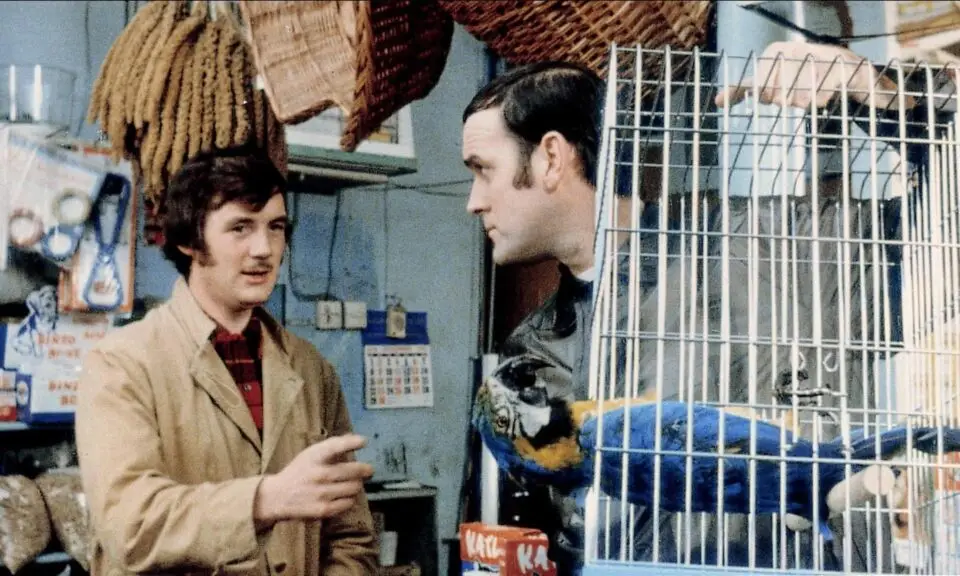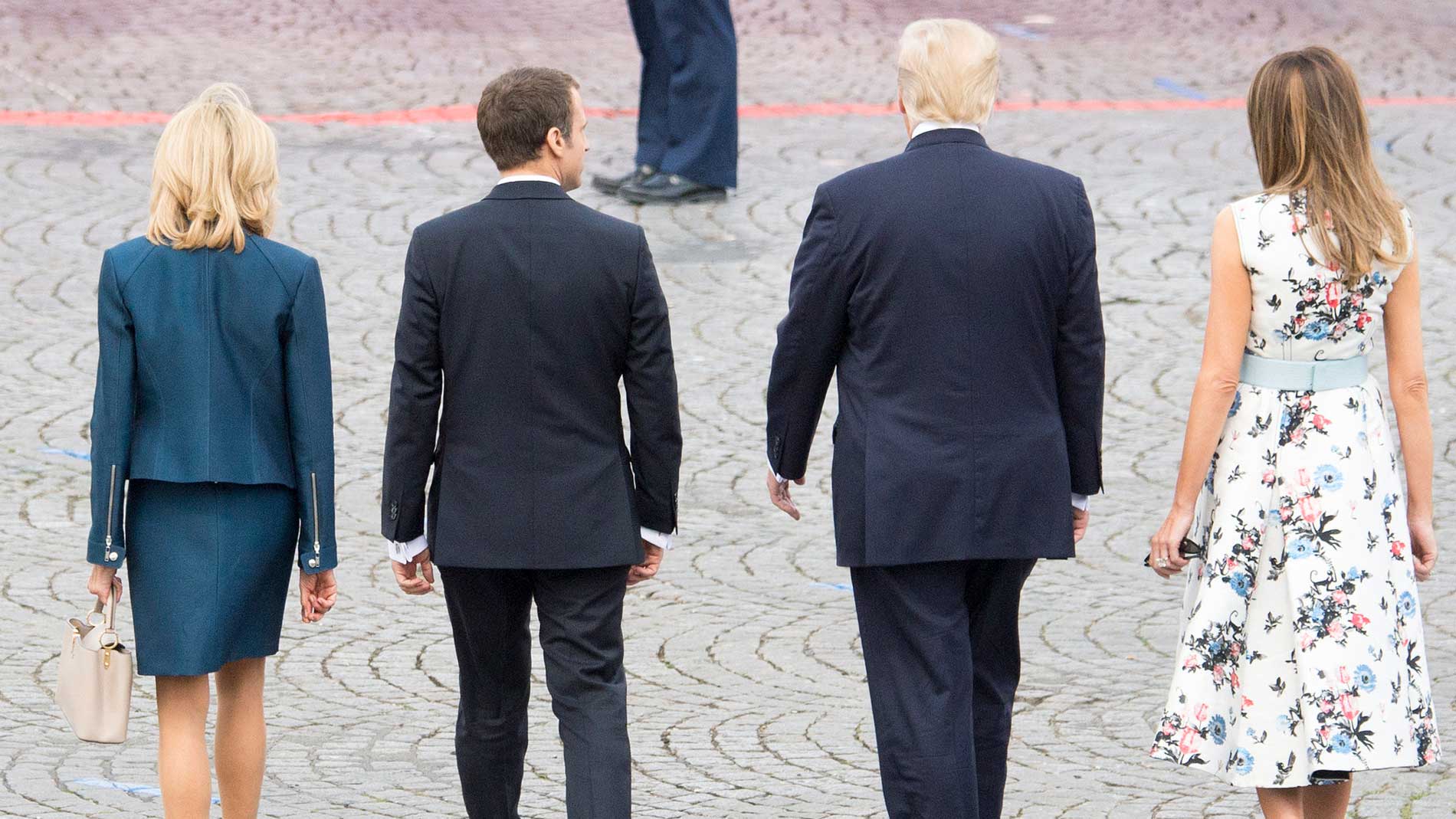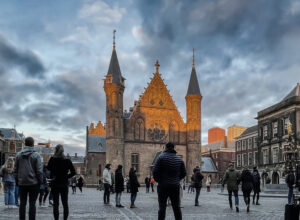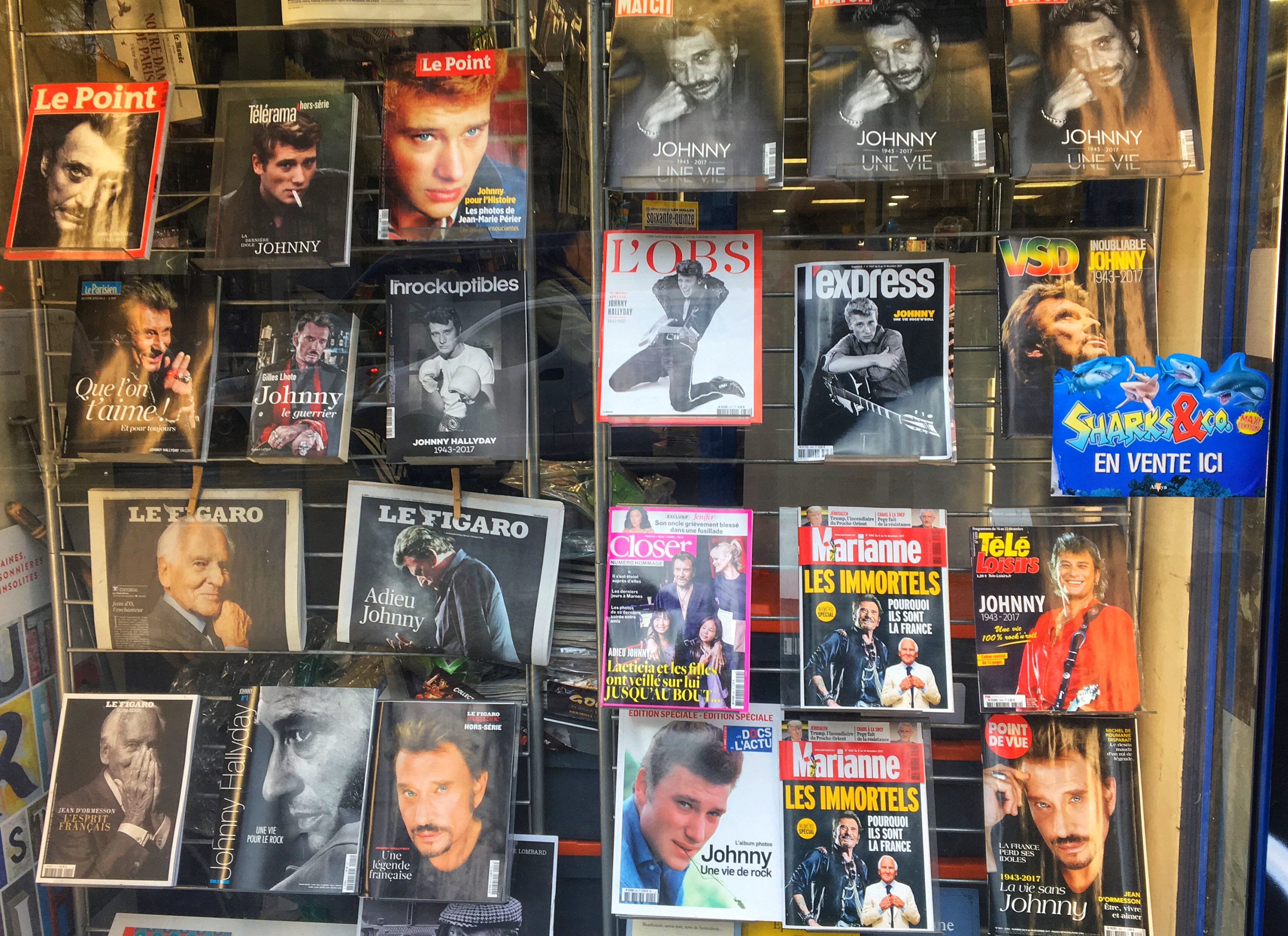Remembering in a Troubled Europe
I have spent most of my adult life outside the Netherlands. My roots are shallow, my accent migratory, and my outlook is distinctly European. National flags, anthems, collective emotion — they often make me feel like a stranger. But there is one exception. Two minutes a year. On the evening of May 4th, I feel a little Dutch. Not out of duty, not because I have to, but because something within me responds. May 4th, eight o’clock. The silence. That deep, communal, almost sacred silence. At that moment, I feel connected to a country I often fail to understand — but that I admire, then and there. Because it is silent. Because it remembers. Because it dares not to speak.
When I lived in Paris, the contrast was striking. Life continued uninterrupted — cars, conversation, clinking glasses on café terraces. Yet I would seek a quiet place: a stairwell, a hallway, some temporary refuge from the noise. Eight o’clock Dutch time. Two minutes. Who doesn’t pause at that moment? As if remembrance had no place there. But that silence, I realised, is not empty. It is a language. It speaks what we no longer know how to say. It reminds us that forgiveness is never guaranteed, and forgetting is perhaps impossible. But remembering — that, at least, we can do.
Debate
May 4th is the Dutch National Remembrance Day. Originally dedicated to the victims of World War II, it has evolved into a broader moment of national reflection. The circle of remembrance has expanded to civilians, resistance fighters, soldiers, victims of terrorism, and peacekeeping missions. This widening of scope is rare in Europe — a democratisation of memory. But it also raises difficult questions. Who exactly are we remembering? And who not? Can the son of an SS officer mourn as a victim of ideology? What about the innocent in Gaza?
These debates — uncomfortable, recurring — have become almost as traditional as the commemoration itself. Sometimes tiresome, yes, but far from undermining. They reflect something essential. A society that dares to carry its doubts without rushing to resolve them is a society that has matured. In the Netherlands, it is not the state that imposes memory. It is the people who weigh it, debate it, and reshape it. And remember — in their way.
That is what makes Dutch remembrance exceptional. There is no rigid choreography, no mandatory flags, and no dictated emotions. There is space for ambiguity, discomfort, and personal meaning. The silence of May 4th is not imposed from above — it has grown organically, year after year. And that makes it all the more meaningful.
Institutionalised commemoration
Elsewhere in Europe, remembrance takes other forms. In Belgium, the Last Post has been played every evening since 1928 beneath the Menin Gate in Ypres — rhythmic, ceremonial, unceasing. In Poland, Warsaw freezes each year at 5 p.m. on August 1st. Sirens blare. People halt mid-step. Not silence, but stillness. In Spain, the silence was for decades one of deliberate forgetting: only recently have mass graves begun to be reopened and long-buried voices heard. In the Czech Republic, commemorations are discreet and fragmented.
And then there is France. May 8th — Fête de la Victoire — is a national holiday marked by wreaths, military bands, and a presidential speech beneath the Arc de Triomphe. But it is not a civic moment, and ordinary people do not widely share it. It is a ritual of the state, not of society. For many, it is simply a day off — especially welcome when it creates a long weekend, like this year. Germany observes January 27th and May 8th soberly but without a national pause. In the UK, Remembrance Day on November 11th is steeped in military symbolism: uniforms, trumpets, poppies. Italy’s memory remains divided between resistance and collaboration. In Russia, the Second World War has become state mythology — a sacred narrative used to justify the present.
Monumental Silence
War memorials fill Europe’s fields and towns, remembering the First and even more devastating Second World War. In Oradour-sur-Glane, the French village preserved in ruin after a Nazi massacre, the past hangs like a shadow over the present. In Prague, stone remnants speak of what was once meant to become a museum of a ‘vanished race’. In Auschwitz, the Nazi guards reportedly told their victims: “No one will believe you.” The silence of May 4th is a quiet but resolute reply. We believe. We listen. We stand still.
Austrian writer Robert Musil once observed: “Nothing is more invisible than a monument.” In many countries, memory has ossified — reduced to bronze, granite and official script. But the Dutch choose a different gesture: a pause. A civic ritual that leaves space instead of filling it. A moment of absence into which each person can place their ownremembrance. A monument made of emptiness. Nowhere else in Europe is remembrance so civil. So modest. And yet so intense.
Today, in 2025, that European stillness feels increasingly fragile. For over three years now, war has been raging in Ukraine. In parliaments across the continent, populist parties gain ground — nostalgia for closed borders, simplistic truths, and the false unity of nationalism. These movements place memory under pressure. They do not wish to remember but to rewrite. They fear nuance. They drown out silence in the noise of ideology. It is now more important than ever to hold on to doubt, complexity, and silence.
Because May 4th does not stand alone. The next day, the Netherlands celebrates its freedom — joyfully, sometimes lightly, but always with the awareness that liberty was never a given. And what about May 8th? In much of Europe, it marks the end of the war. In the Netherlands, it passes quietly, unremarked. A simple date in the calendar. Perhaps a missed opportunity. Because while May 4th and 5th are national, May 9th — Europe Day — offers something universal. Not a commemoration of past victories, but of shared beginnings. Not a look backwards, but a reaching out.
Four days. Four moods. The quiet reflection of May 4th. The tentative joy of May 5th. The solemnity of May 8th. The hope of May 9th. There is no perfect rhythm. But as in music, the pause can be as meaningful as the note. These varied, flawed, evolving silences are part of Europe’s heritage. And in today’s turbulent world, they are worth preserving.
There is no perfect rhythm. But as in music, the pause can be as meaningful as the note. These varied, flawed, evolving silences are part of Europe’s heritage. And in today’s turbulent world, they are worth preserving. Four days to say: We are still here. We remember. We celebrate. We question. And we build — together — a Europe that does not fear silence but treasures it as proof of maturity. And perhaps, too, of freedom regained.
I wish you all the freedom of the World.
This post is also available in:
![]() Nederlands
Nederlands ![]() Français
Français ![]() Español
Español
